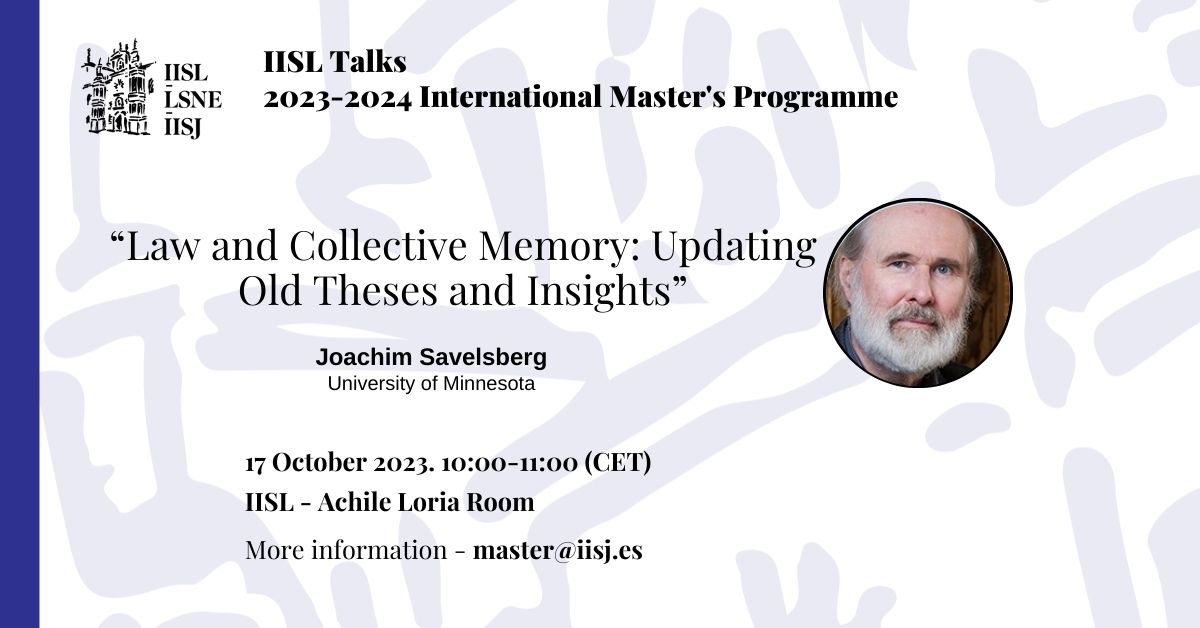
This presentation addresses collective memory of mass violence. It is specifically concerned with effects on collective memory of criminal law responses to mass atrocities. Law shapes collective memory as trials produce, and instill in the public, images of the past through the production and presentation of evidence in ritual practices and public discourse. These effects are in line with expectations by classical and contemporary sociologists, the Durkheim school especially. Yet critical reviews have highlighted the selectivity of trial-based narratives: their short time horizon (omitting the long-durée); focus on few individuals (disregarding larger structural and cultural forces); a simplifying binary logic of guilty versus not guilty (as opposed to more complex social-psychological notions of liability); and the constraining evidentiary rules of criminal courts. Much empirical evidence supports such theoretical expectations of both the epistemic power of trials and their selective institutional logic. Yet recent developments demand a further specification addressed in this paper. First, criminal law may be worded in ways that direct attention, beyond individual liability, to systemic features of repression. For example, the concept of “crimes against humanity” requires proof that the abuse of civilians was systematic and widespread. Even where individuals are on trial, their deeds are thus to be interpreted as part of a pattern, highlighting structures and regimes of oppression. Second, criminal trials against perpetrators of mass atrocities today unfold in the context of a prosecutorial-judicial-NGO complex. Criminal courts and prosecutorial agencies are often embedded in networks of (I)NGOs that feed evidence and witnesses into the investigation and court proceedings. In addition, (I)NGOs color the narratives produced by courts through retelling and framing them on their websites. The prosecutorial-judicial-NGO complex thus generates new kinds of narratives and supplies them as tools into the process of collective memory formation. Theoretical arguments will be supported by initial empirical evidence from recent prosecutions under the principle of universal jurisdiction against perpetrators of Syria’s Assad regime.



